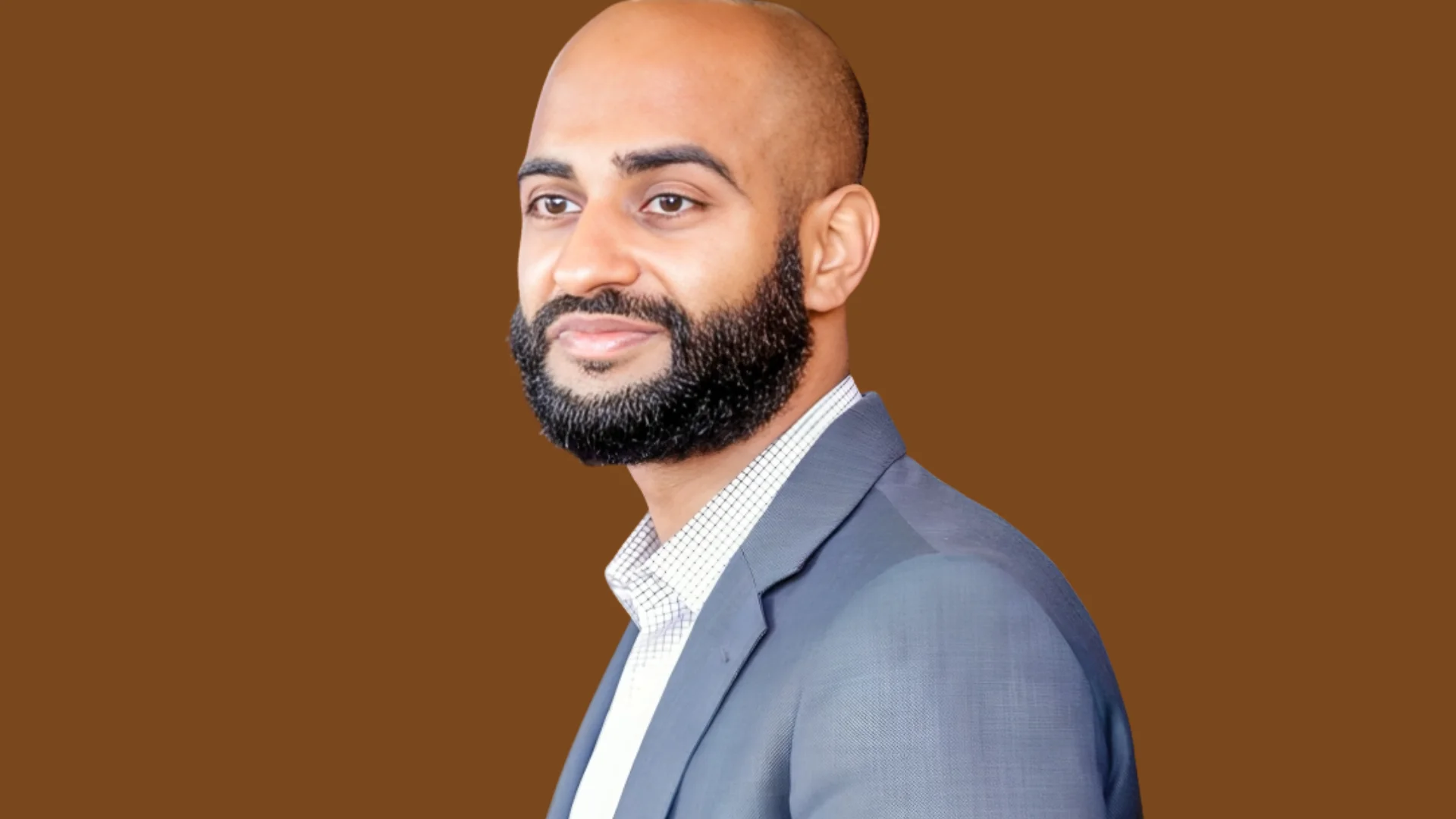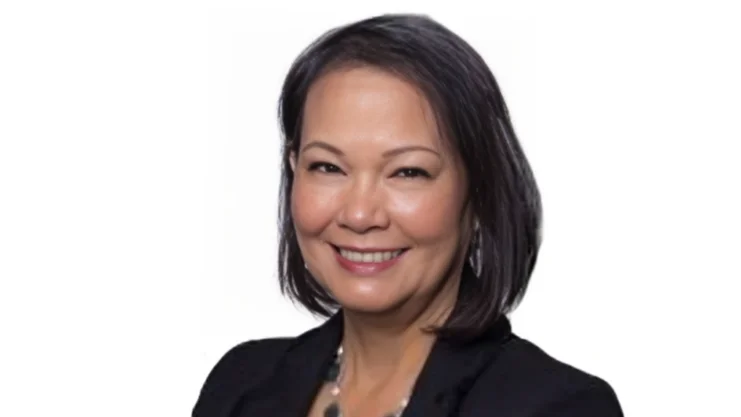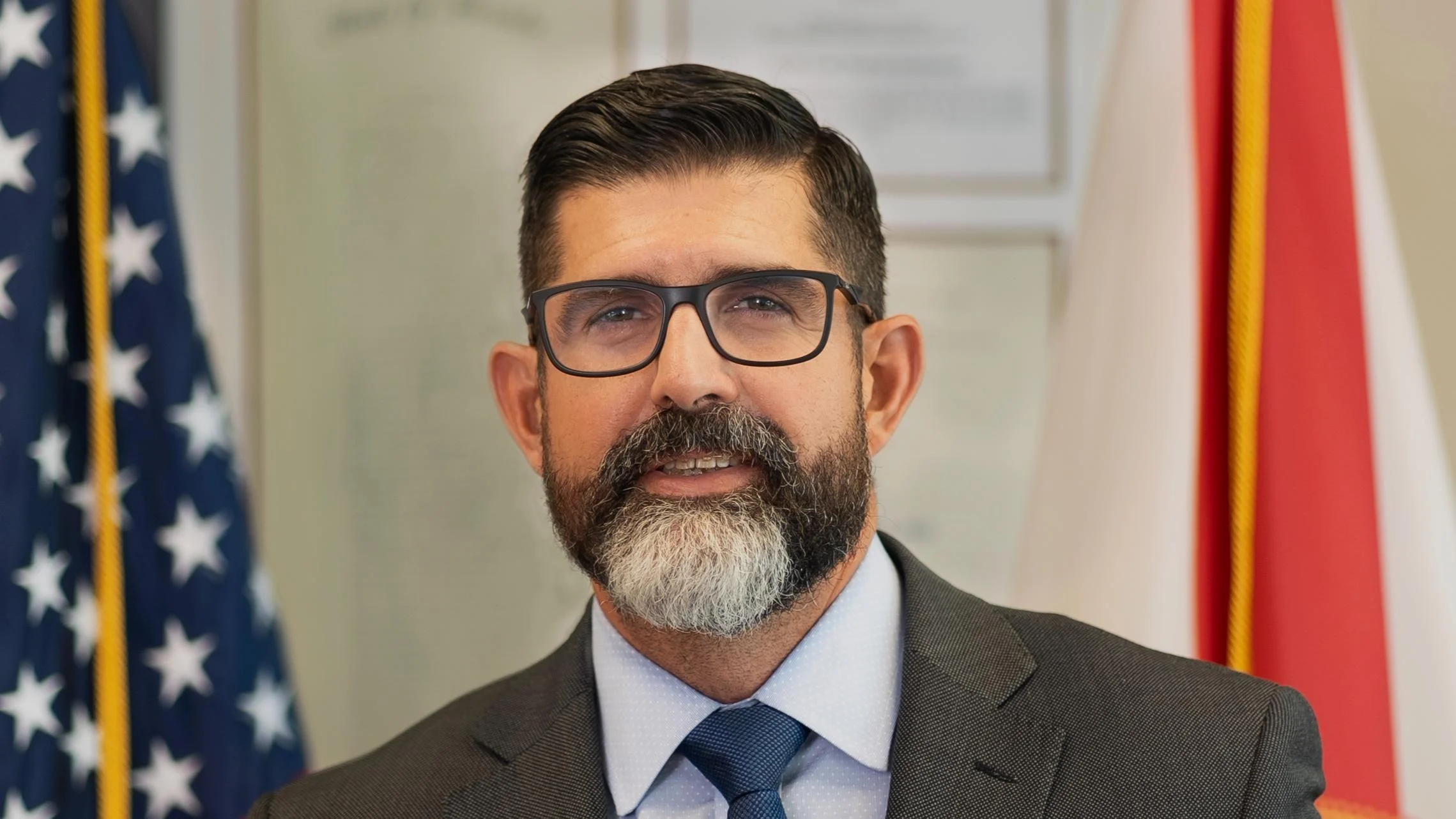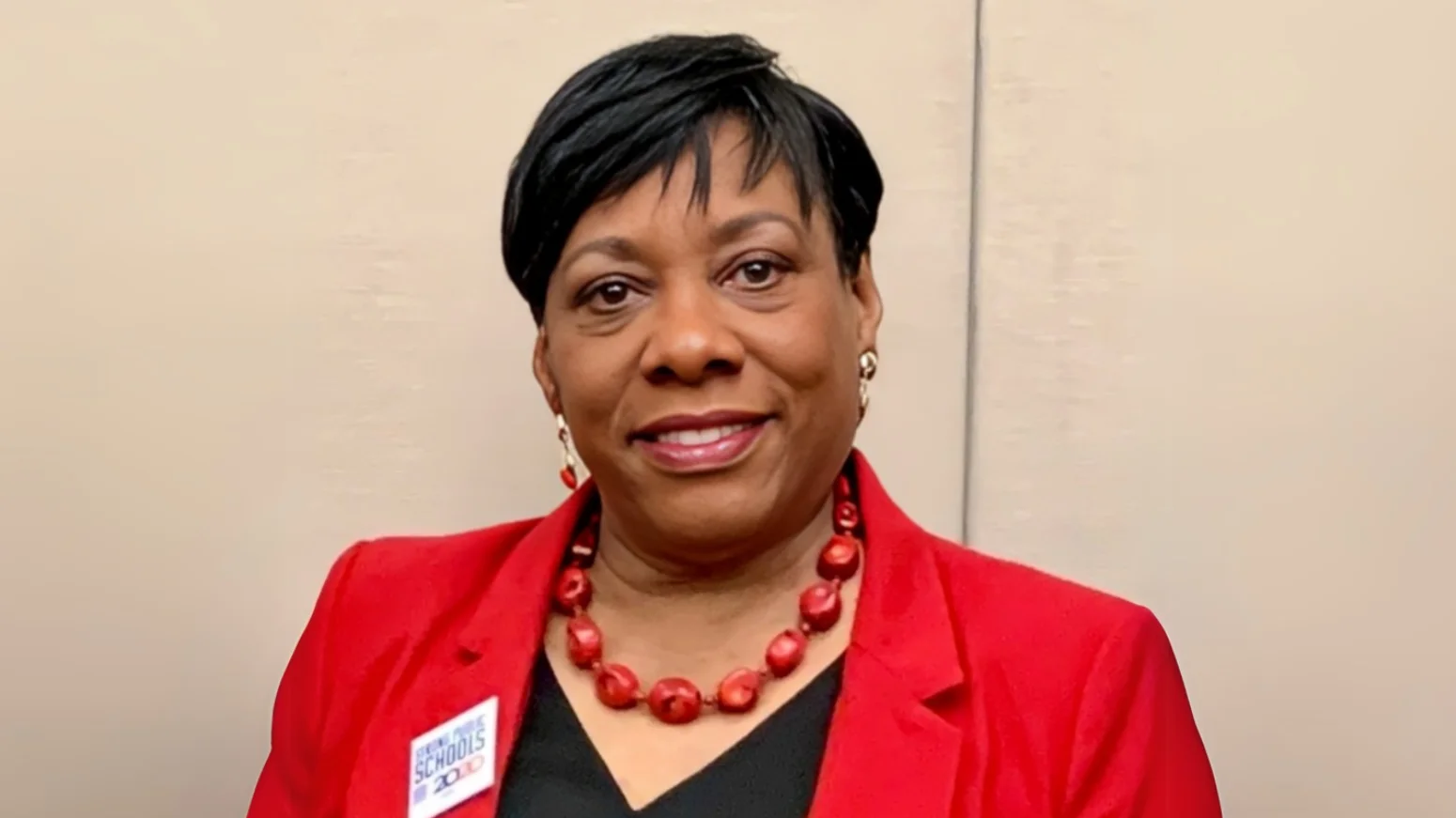
Adeel Khan, founder and CEO at MagicSchool AI | Official Website
When a high school student uses AI to design a community mural or a college freshman collaborates with peers across continents on a digital storytelling project, it’s clear the boundaries of learning are shifting. Classrooms are evolving into creative studios where students use technology to solve real-world problems.
Recently, EdSurge host Carl Hooker moderated a two-part webinar series, sponsored by Adobe, featuring expert panelists exploring the intersection of creativity, artificial intelligence, and student success in K-12 and higher education. Speakers included Melissa Vito, vice provost for academic innovation at the University of Texas at San Antonio; Laura Slover, managing director of Skills for the Future; Justin Hodgson, associate professor at Indiana University Bloomington; Adeel Khan, founder and CEO of MagicSchool AI; and Brian Johnsrud, global head of education learning and advocacy at Adobe.
Inspired in part by Adobe’s recent research on how creativity and AI are shaping student outcomes and career readiness, the series highlighted how these leaders are seeing — and reimagining — the role of innovation in today’s learning environments.
EdSurge posed questions about essential skills for students’ futures and institutional responses. Laura Slover stated: "We want all students coming through the K-12 system to develop those essential, durable skills — skills that are critical not just for postsecondary and workplace success but also for well-being and positive contributions to their communities."
According to Carnegie and ETS research cited by Melissa Vito: "In higher education, microcredentials like project management are getting a lot of attention... But they don’t always include enduring skills — critical thinking, teamwork, communication, creativity. Employers consistently say those are the skills they want most."
Brian Johnsrud commented on changes brought by AI: "There’s always been awareness that the careers of tomorrow are out of sync with what we are teaching today... Some skills are replaceable; some are augmented."
The role of educators is also changing. Justin Hodgson noted: "We still see some resistance to how AI is being factored into the conversation... The initial response was that AI would lead to cheating. But now we’re seeing more strategic thinking about what AI enables."
Melissa Vito described early adoption at UTSA: "We wanted to create opportunities for faculty to just learn; we were all learning together." Students found AI valuable as an anonymous tutor.
Brian Johnsrud discussed existing research on creativity practice: "Most creative industries report more creativity... understanding a problem in different ways... designing different approaches."
Adeel Khan emphasized personalization through AI: "AI gives educators the ability to save time when creating materials — but more importantly allows them to deeply customize those materials based on what their students know..."
Regarding AI literacy in classrooms, Khan remarked: "Most kids are using AI whether they know it or not... We believe strongly that students need to learn about generative AI in school from a trusted adult..."
Challenges schools face in assessing creativity were addressed by Slover who pointed out current systems focus heavily on traditional subjects rather than broader skill sets. Hodgson added insights into reassessing educational processes due to machine capabilities.
"Ultimately," Hodgson concluded,"what defines discipline is ways we know do create within it..."
###





 Alerts Sign-up
Alerts Sign-up